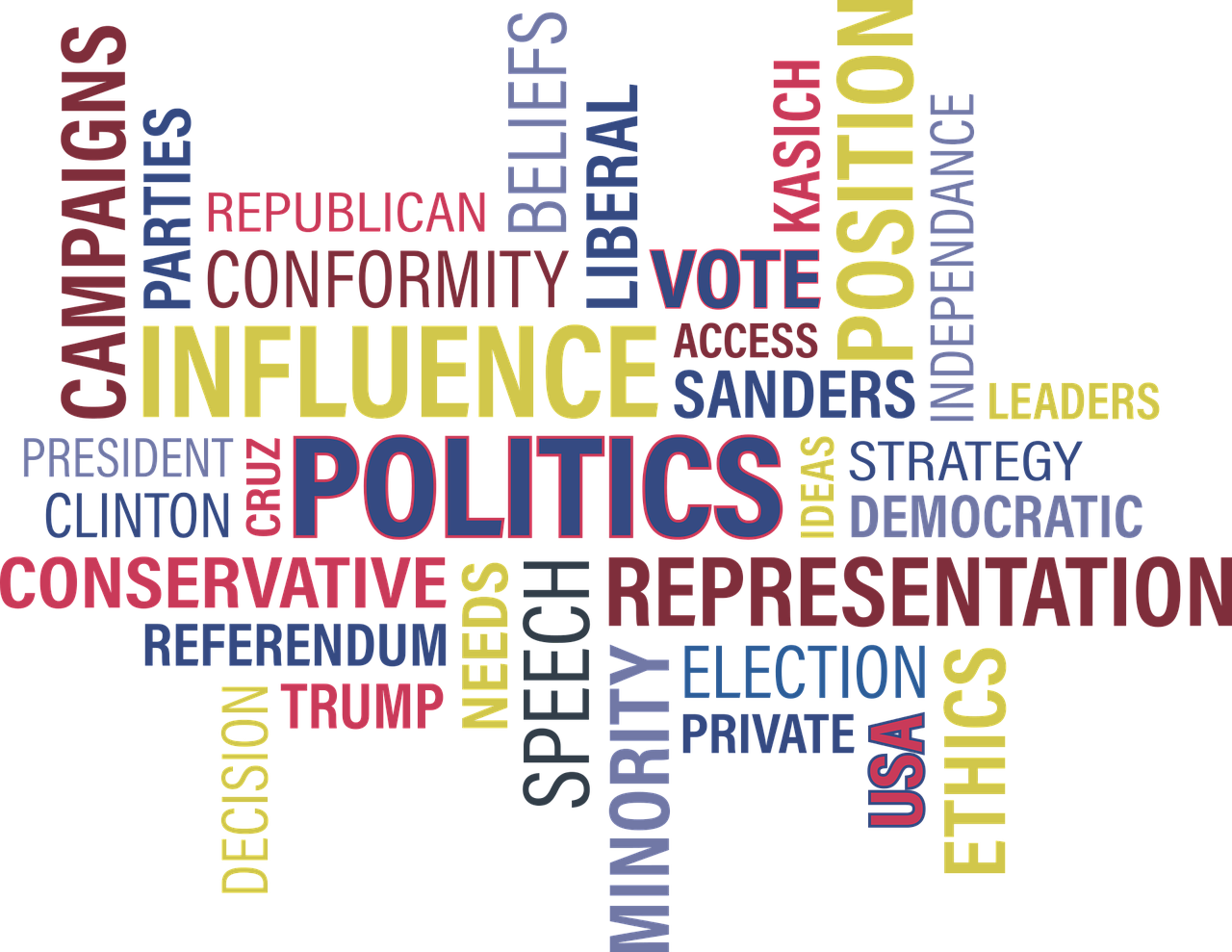Most contemporary reformist scholars hold the view that political involvement is legitimate, and even a duty, for Muslims in the West. In addition to the fact that they all refer to the exceptional situation (of Muslims being outside a Muslim majority society), their conclusions all point in the same direction: it is necessary to be socially and politically active in the West by trying to bear witness to one’s spirituality and, essentially, by adapting one’s presence to one’s ethics. Of course, the first general principle (al-asl) is not to become involved in a system that is not totally in accord with the demands of Islamic spirituality, values, and morals, but in fact Muslims still have to respond to ethical requirement: to limit injustice and evil as much as possible, to be committed in all circumstances to choosing the least evil option, to find solutions that will ease people’s lives, and to work in stages. And people often point to the Qur’anic story of Joseph (Yusuf), who asked the governor of Egypt, who was a polytheist, to make him responsible for what might today be called the nation treasury and who therefore had a political responsibility under a non-Muslim political authority, which he carried out with dignity, morality, and faithfulness.
This is far from the literalist interpretation described earlier; here the field is open to thoughtful, contextualized participation on an individual and collective level. However, it would still be good to consider some conditions that, if one wishes to be consistent with the ethical message of Islam, must, in my understanding, be respected: “the way of faithfulness” is a way that leads toward more justice, and civic and political involvement in a society of whatever kind must move in the same direction. So, individuals should in their own hearts and consciences, according to their own understanding of the world and their own opinions, weigh their involvement according to this criterion and note the scope for maneuver that their society allows them. This first condition assumes two others that are fundamental: one is to refuse absolutely to serve or collaborate with a dictatorial government that imposes a society that lacks rights. In this situation, when it comes to citizenship and political involvement, a stance of determined resistance is required, not of caution in the face of a dictatorial system. The last condition is to avoid being used and to treat with caution interests that are not always expressed. This may be true in an autocratic system, but it is also a risk in a democratic system. We see politicians, at election time, playing on the community solidarity of “immigrants” and “Blacks,” for which read “Muslims,” by putting on their list the name of a very “representative” candidate or putting forward projects calculated to gain support (such as mosques and cemeteries). We have then not only to be awake but to have a conscience and principles: the aim is to promote a more dignified society, not to accept indignity under the pretext that this will protect one’s interests. The “electoral communitarianism” of some candidates is in itself unacceptable. In the end, it must be clear, whatever the nature of our civic or political involvement, that one is not compelled to follow all the chosen views of a party, an elected representative, or even the population at large. Involvement in a free society should guarantee the right to act on one’s conscientious objections, to have moral reservations, and to be able to express them when appropriate. This requires the development of a critical observation of oneself and the nature of one’s political involvement, as much as of the society in general: this is the price to be paid for effective political involvement.





The current environment of the minorities in Europe is very much comparable to the environment of the Muslims in the sub-continent, not so long ago…
How they mobilised themselves is a timeless message to all sincere hearts…
It is time to revisit that recent history to draw some real lessons…
It is time to wake up the conscience and reconcile…
It is the time to re learn to reclaim and stand against all forms of injustice…
It is time to study deeply the lessons left to Humanity by Muhammad Iqbal…